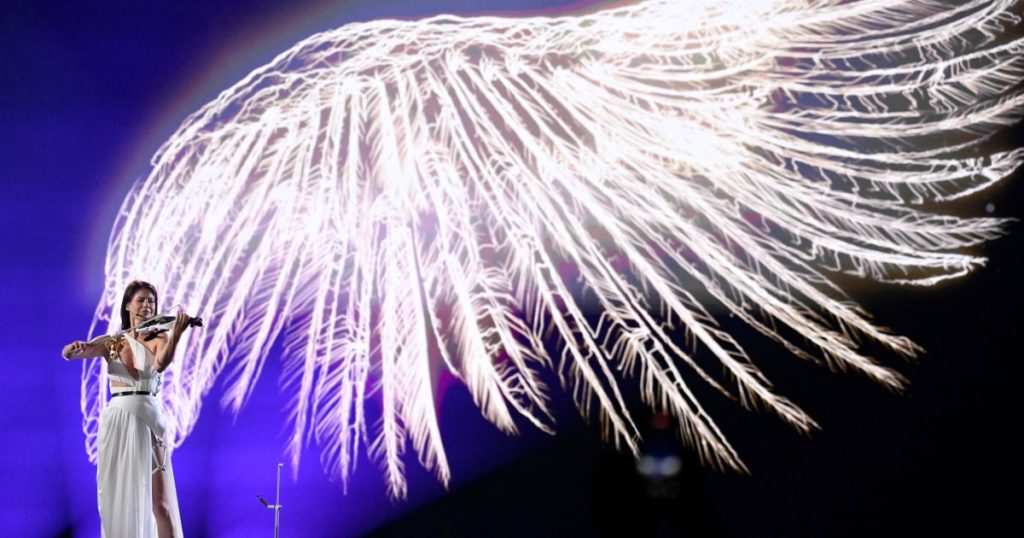The Eurovision Song Contest, known for its glitz, glamor, and eccentricity, began as an attempt to heal post-World War II Europe and test the technology of live television broadcasting. Starting with only seven countries in 1956, the competition has grown into a weeklong spectacle with dozens of countries competing, even including nations outside of Europe, such as Israel and Australia. While not everyone enjoys the contest, it is seen as a unifying event that brings different cultures together through music.
Over the years, the Eurovision Song Contest has launched the careers of famous artists and produced hit songs that have achieved worldwide success. Artists like ABBA, Celine Dion, and Julio Iglesias gained international recognition after participating in the competition. Despite controversies surrounding its voting system, music quality, and hosting costs, the contest has undergone rule changes to adapt to the evolving landscape of entertainment and technology. Semifinals were introduced in 2004, phone voting was implemented in 1997, and performers were allowed to sing in any language in 1999.
Following the dissolution of the Soviet Union and the breakup of former Yugoslavia, the Eurovision Song Contest saw an increase in participating nations, leading to the need for larger arenas and more commercial sponsorships. As the contest expanded, it became more political, reflecting the changing dynamics of European integration. Some countries used the contest as a tool for cultural diplomacy, while politics played a role in voting and participation decisions. Despite its attempts to remain apolitical, the contest has not been immune to geopolitical tensions.
While known for its colorful and campy performances, the Eurovision Song Contest has also become popular within the LGBTQ community, with performers like Dana International and Conchita Wurst winning the competition. This year’s contest features nonbinary performers, highlighting the event’s embrace of diversity and inclusion. In some parts of Europe, the contest has become a cultural tradition, with viewing parties, crazy outfits, and high TV ratings in countries like Sweden, Finland, Norway, and Iceland. The event has become a celebration of music, diversity, and unity across the continent.


